Introduction to the Project
Situated near the Kidepo Valley National Park in Karamoja, North-eastern Uganda, the AWF Primary Schools stand as a testament to the Classroom Africa program initiated by the African Wildlife Foundation (AWF). These schools, accommodating approximately 350 students each, play a pivotal role in incentivizing local communities to conserve wildlife and perceive it as an opportunity rather than a threat.
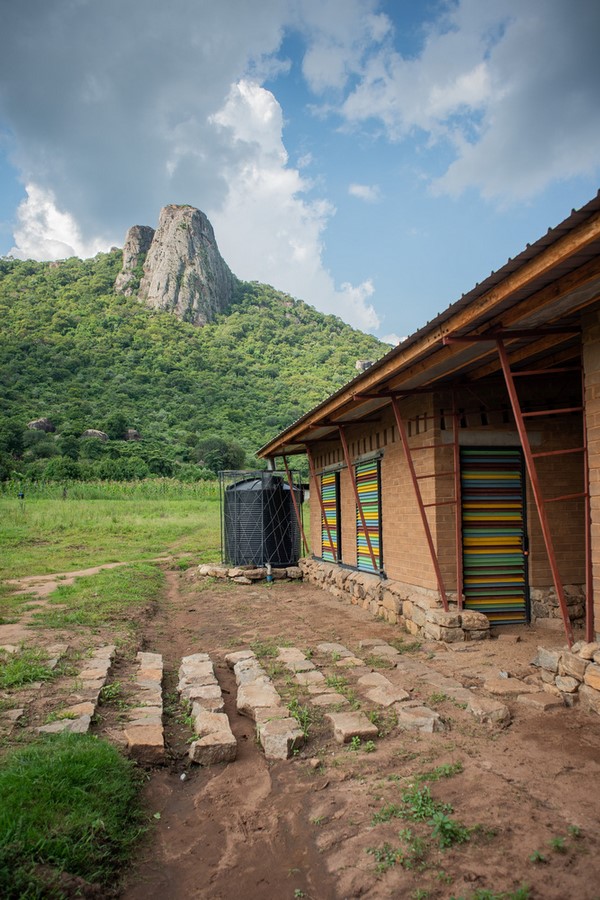
Eco-Friendly Construction and Local Sourcing
Given the remote locations and high transportation costs, the construction materials were meticulously chosen to be locally sourced. The use of locally gathered stones for foundations and plinth walls, along with manually compressed stabilized soil blocks, reflects a commitment to sustainability and ecological responsibility. These materials not only minimize environmental impact but also support the local economy.
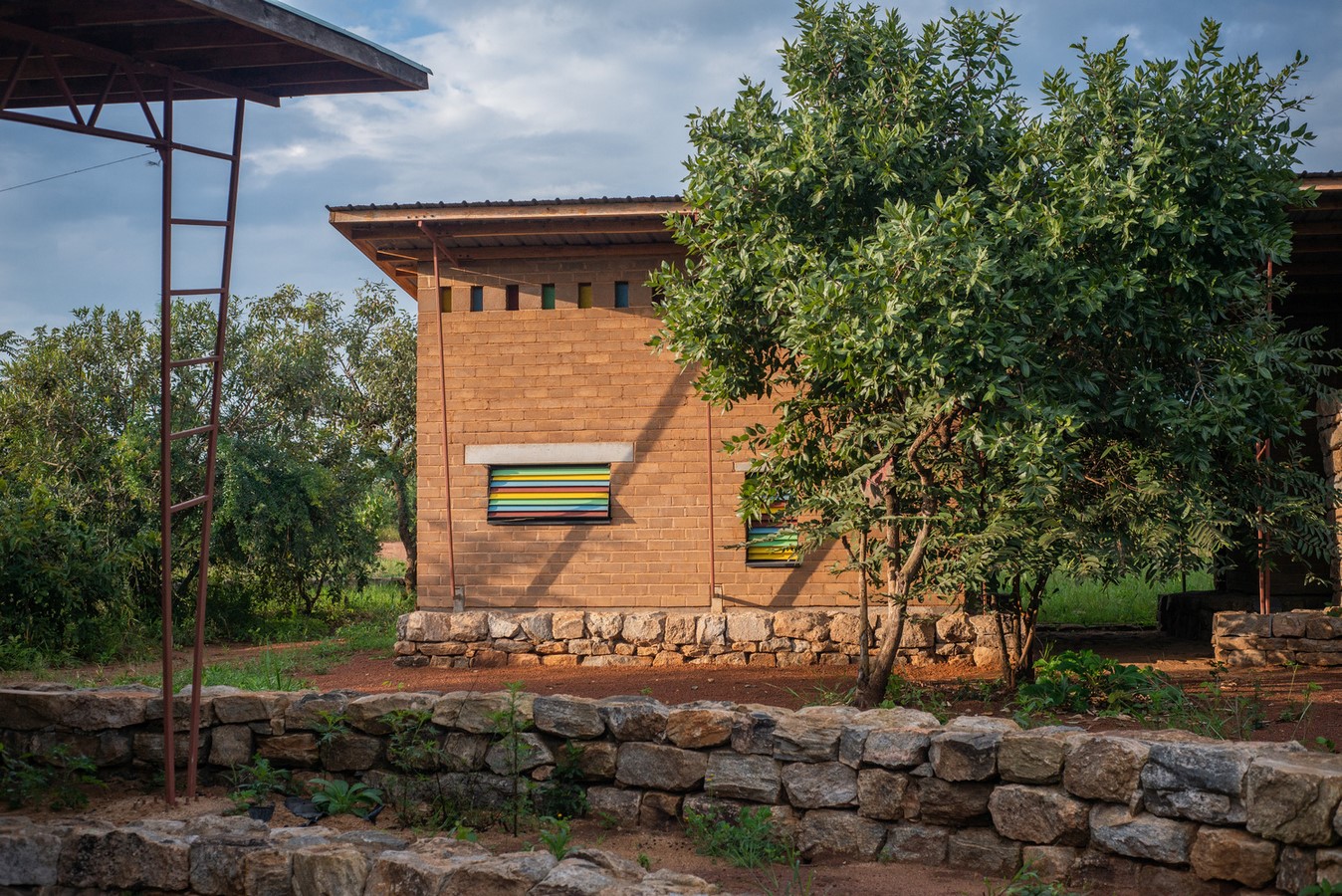
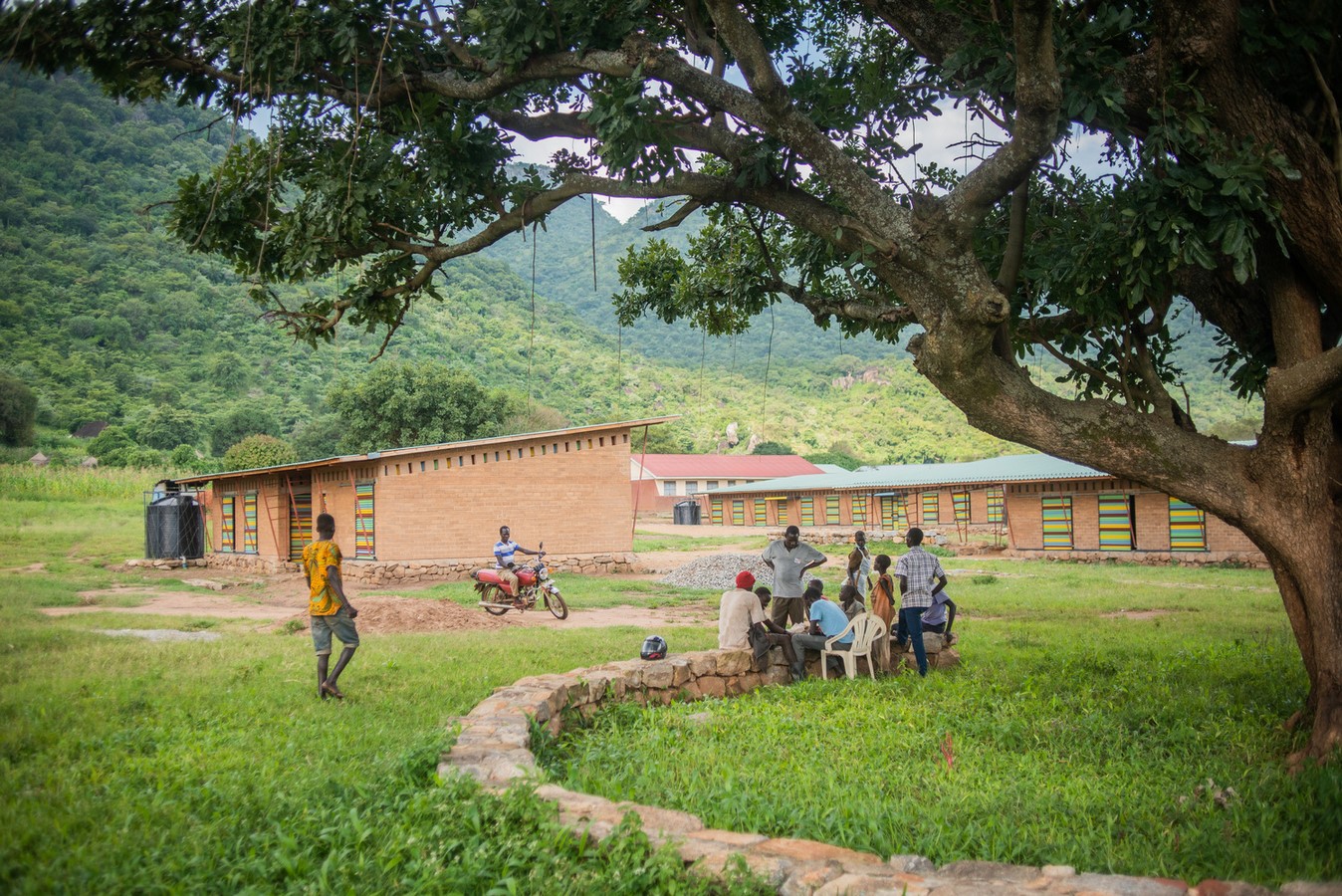
Innovative Design Solutions
Innovative design solutions were implemented to optimize efficiency and reduce costs. The steel roof trusses were ingeniously designed to fit into a single truck, minimizing transportation expenses. Additionally, sliding and top-hung steel louver panels were utilized for windows and doors, offering both functionality and aesthetic appeal inspired by local jewelry design.
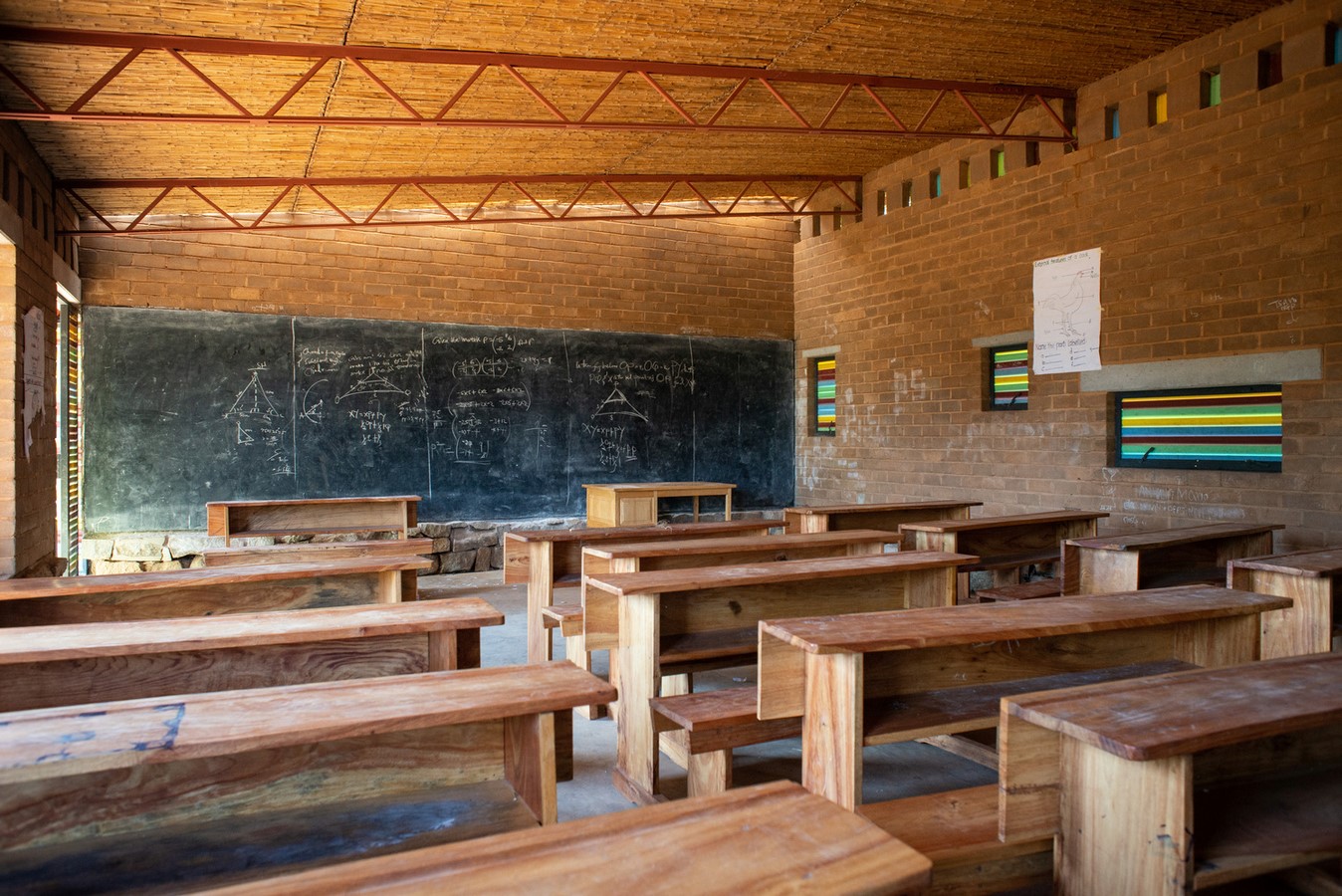
Landscape Integration and Environmental Awareness
Landscape design played a crucial role in fostering a harmonious relationship between people and nature. Existing trees and shrubs were protected, and local species were incorporated to enhance biodiversity. The introduction of demonstration farms and gardens not only promotes sustainable agriculture but also serves as educational tools for students and the community.
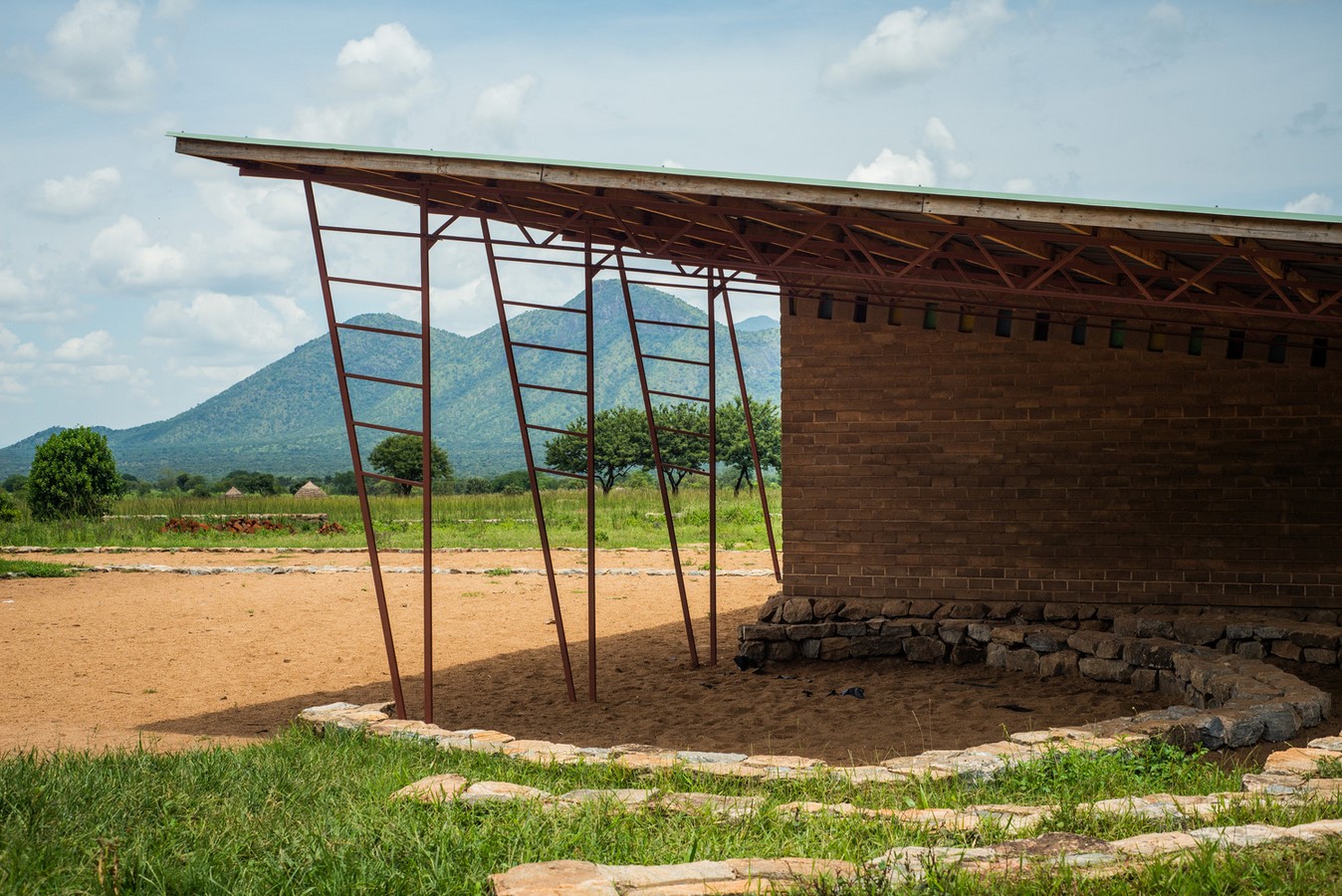
Passive Design Strategies for Thermal Comfort
Each building prioritizes passive ventilation to maintain indoor thermal comfort. Utilizing thermal mass and strategic orientation to minimize solar heat gain, these design strategies ensure a comfortable learning environment without relying on energy-intensive equipment. Moreover, technologies such as rainwater harvesting, solar power, and fuel-efficient stoves further reduce the ecological footprint of the schools.
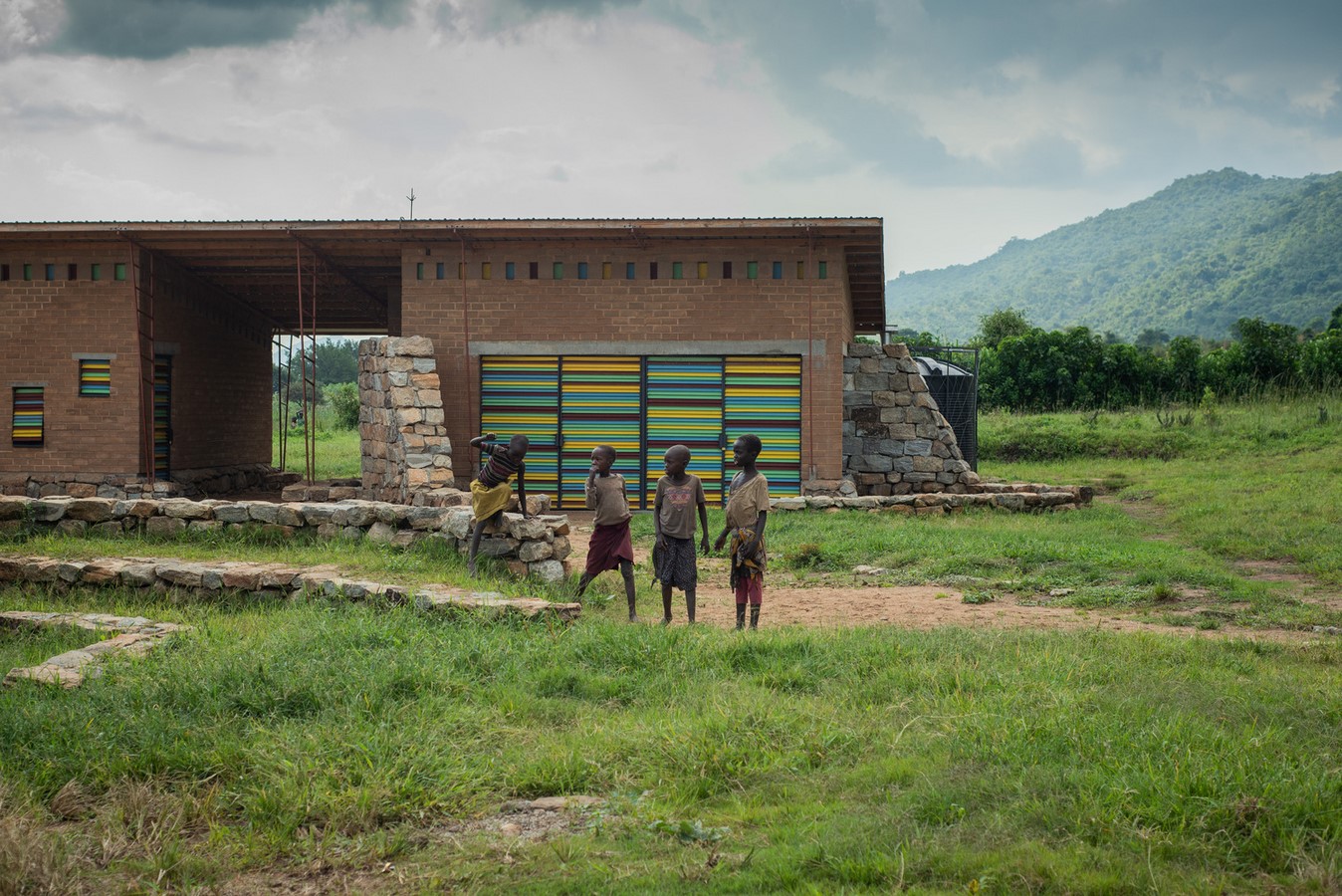
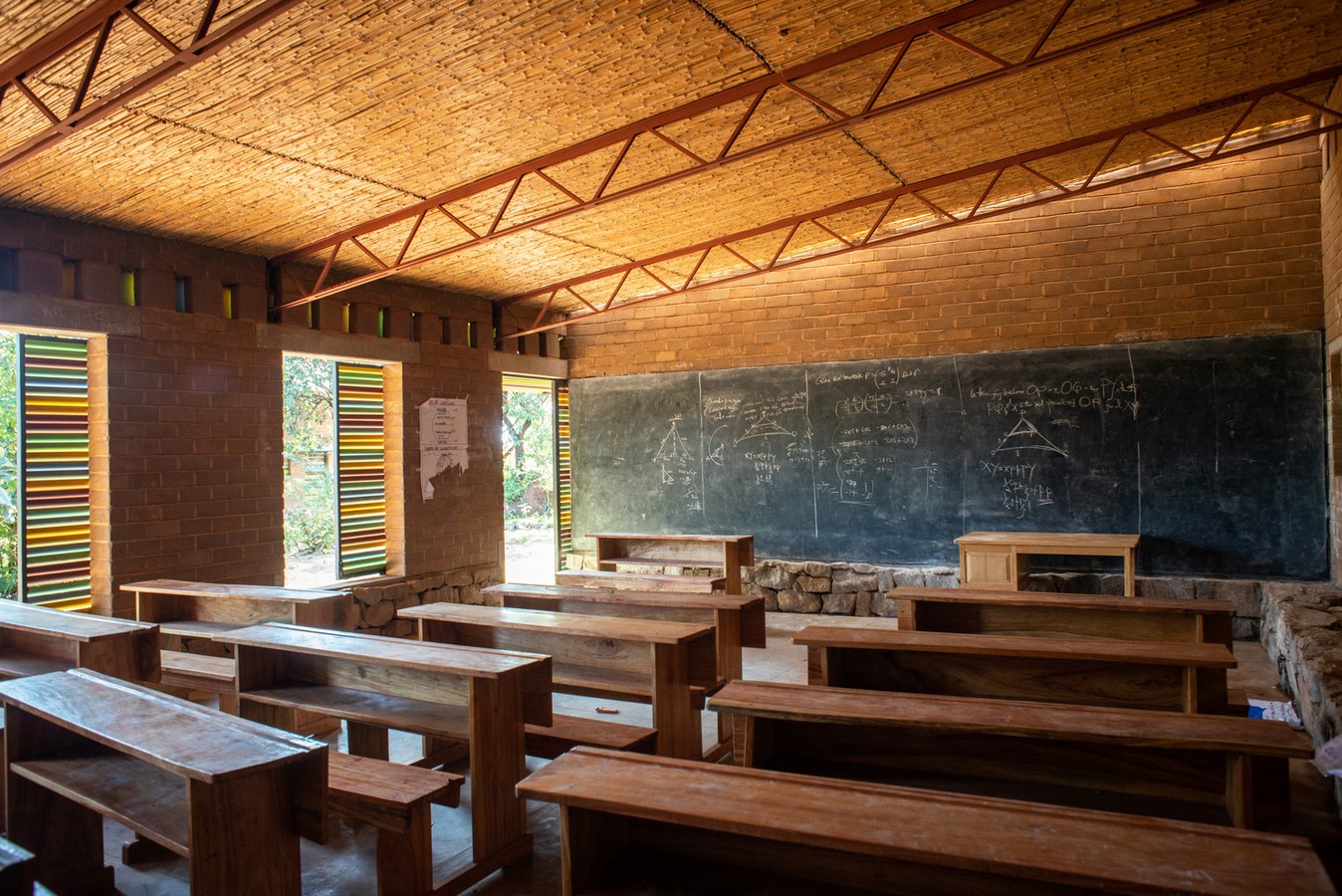
Conclusion: Fostering Education and Environmental Stewardship
In summary, the AWF Primary Schools in Karamoja, crafted by Localworks, embody the fusion of education and environmental stewardship. By integrating stunning landscapes, eco-friendly construction, and innovative design solutions, these schools not only provide quality education but also instill a sense of environmental responsibility in the next generation.

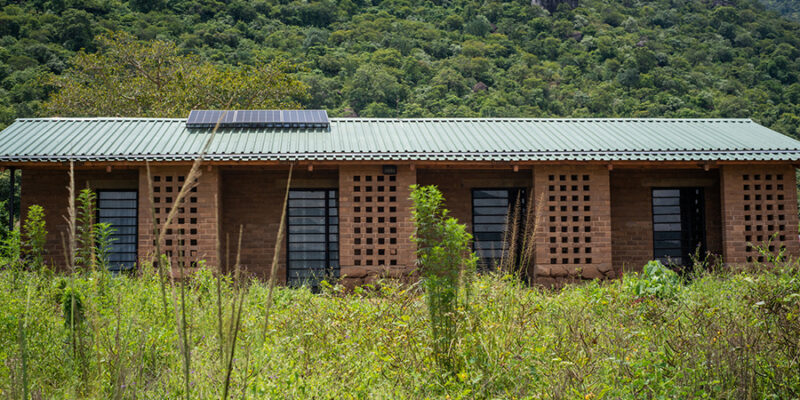
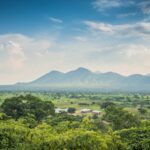
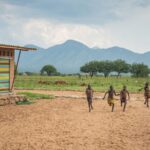
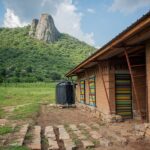
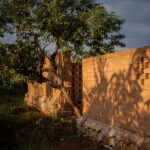
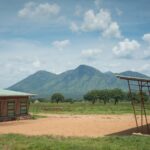
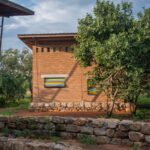
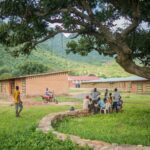
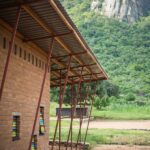
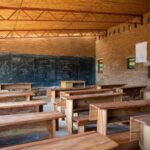
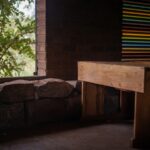
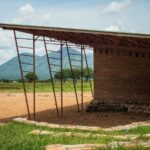
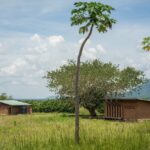
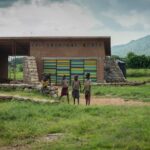
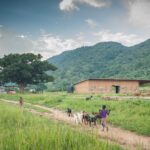
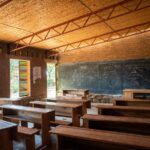
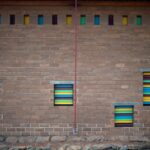
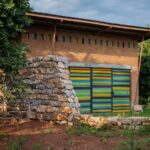
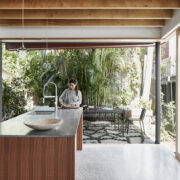
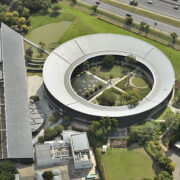
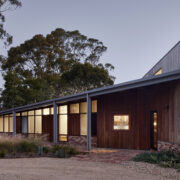
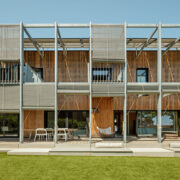
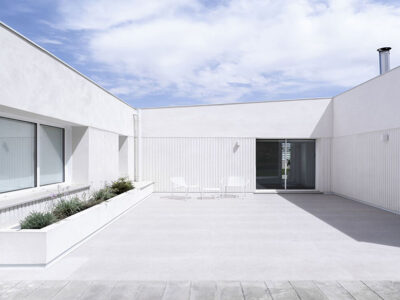
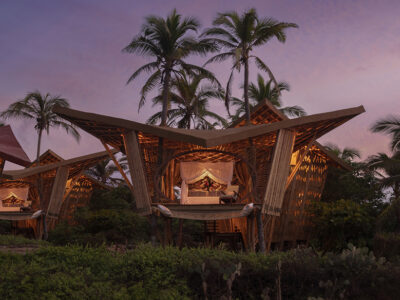
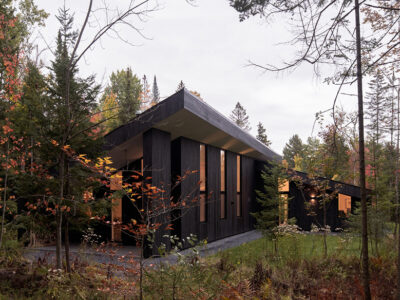
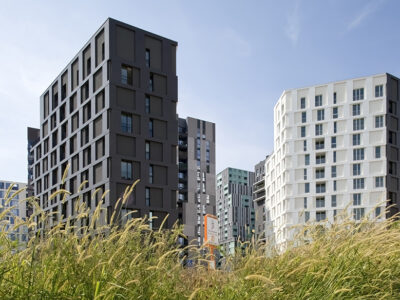
Comments